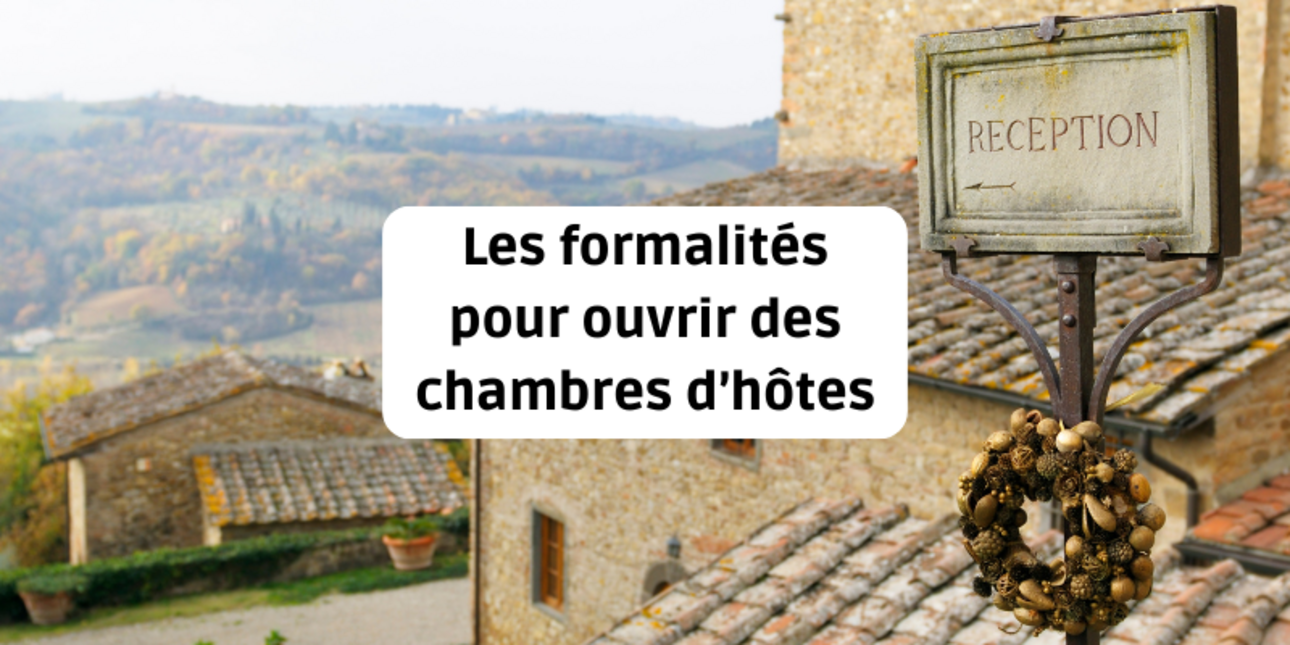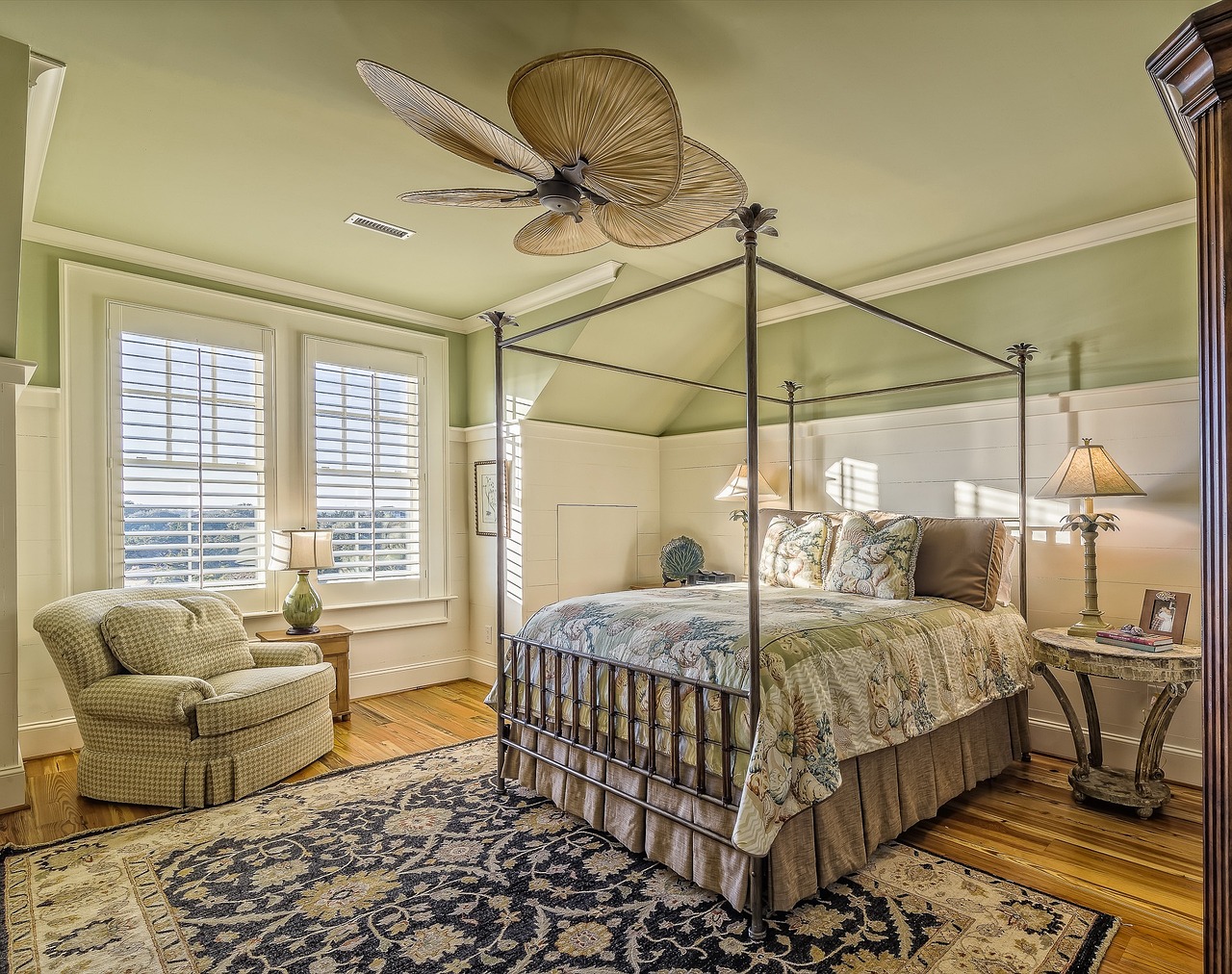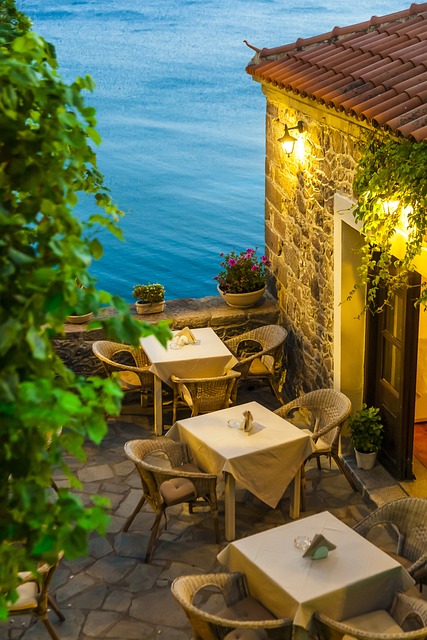
Opening a bed and breakfast business is an exciting adventure that allows you to share your living space with travellers from all over the world while generating additional income. However, this tourist rental business is subject to strict rules and precise administrative procedures. Here's a comprehensive guide to help you navigate the formalities involved in opening your own bed and breakfast business, taking into account the various legal, social and tax aspects, as well as your needs in terms of setting up and managing a quality business.
Bed and breakfast, as defined by the French Tourism Code, are furnished rooms in private homes, intended to accommodate tourists for one or more nights, with services such as breakfast, household linen and access to water. Unlike furnished tourist accommodation, this type of accommodation does not have a star rating, but can be awarded private labels such as "Gîtes de France" or "Clévacances". This definition is in line with current legal and tax regulations, ensuring that your business complies with legal obligations.
To qualify as a bed and breakfast, a number of criteria must be met:

Before opening your chambres d'hôtes, you must make a prior declaration to the town hall of the municipality in which your accommodation is located. This declaration, governed by article L. 324-4 of the Tourism Code, is a legal obligation and enables you to report your activity to the local authorities, thus ensuring that your home complies with the standards in force.
If you plan to carry out this activity on a professional basis, you will need to register your company with the Registre du Commerce et des Sociétés (RCS) or the Répertoire des Métiers (RM), depending on the legal status you have chosen. This registration, which is essential for defining your legal framework, can be carried out online via the INPI portal. It is important to choose the right legal status (auto-entrepreneur, company, etc.), as this will determine the tax and social security regime applicable. Depending on your concept, you will need to draw up a projected financial plan to guarantee the economic viability of your business.
Bed and breakfasts must comply with strict hygiene, safety and sanitation standards. This includes daily cleaning of rooms and sanitary facilities at no extra cost to guests. These standards are essential to ensure guest satisfaction and are often monitored by local authorities. In addition, if you offer meals, you will need to undergo training in the sale of alcohol and obtain the necessary licences. Operating a table d'hôtes must comply with local regulations and also requires a specific declaration.
If you wish to offer meals other than breakfast, you will need to obtain a restaurant licence. If you wish to serve alcoholic beverages, you must undergo specific training and obtain an operating licence.
Table d'hôtes is a complementary activity reserved for B&B guests. It must meet certain conditions: only one menu is offered, the meal is served at the family table, and the table is reserved for guests. This means that you need to define your concept carefully and plan for the additional costs associated with this activity.
The manager of a chambre d'hôte must have a police form completed for each foreign guest staying at the establishment. This form must be kept and made available to the authorities in the event of an inspection. This is a public safety measure in line with legal and tax obligations, and is particularly important for operators welcoming international customers.
Opening a bed and breakfast is a great opportunity to share your region and your hospitality with travellers from all over the world. However, it is crucial to prepare well, define a clear concept and comply with the administrative formalities and standards in force to ensure the success of your project. Prior market research, drawing up a provisional financial plan and creating a network to promote your business are also essential steps. By following these steps, you'll be able to welcome your first guests with complete peace of mind and enjoy this human and rewarding adventure to the full. To do this, you will also need to ensure that you understand and comply with the specific regulations that apply to furnished-rental businesses, including aspects relating to tax obligations, tourist tax and the management of customer reviews.